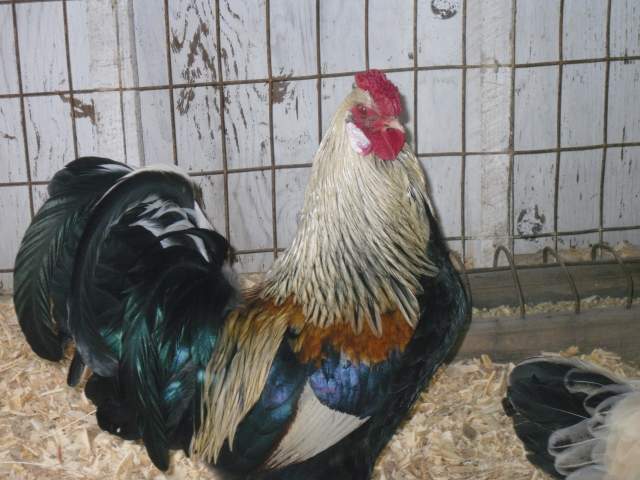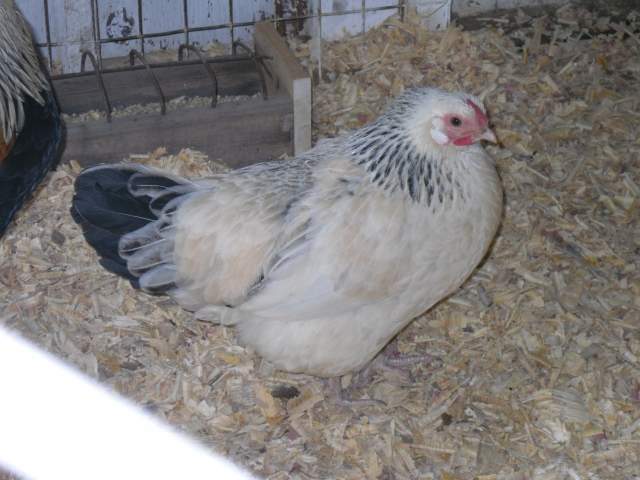Quote:
We are new to raising chickens and just got three hens and a rooster from someone who had too many. He did tell us when he gave them to us that they had a little fungus infection that could be treated. Since these are the first chickens we got, we did not have to worry about them infecting any other chickens. You will have to excuse my language as I don't know all the lingo for chickens yet. We believe the infection to be favus. However, the more I read about what they have I am wondering if we made a mistake. The rooster is the worst with about a dime size patch on each side of his face on the wattles. The hens just have a small dot on theirs but they don't have much bare skin to begin with. Do you think we should treat this with something like lotrimine? There really isn't much out there to read on it. Other than to scare my husband to want to give them back. We have a 5 year old daughter and he is afraid it will affect her or the eggs will be affected. We have not allowed her to touch the chickens or rooster yet. Partly because they are just getting settled into their new home and partly until we find out exactly what we are dealing with. We are taking the normal sanitary precautions with shoes and boots. They haven't layed any eggs yet, probably from teh stress of the move, plus they are still kind of young. You mentioned that you had a rooster that you treated for favus. How did you do it and is it worth it or should we just get rid of them, bleach the coop and wait to get more chickens or hatch our own eggs? We have only had them for a week but they are kind of growing on me, they are starting to come over when we go out and call for them.
Does anyone have any personal input on Favus? How they've treated it?
What to look for?






